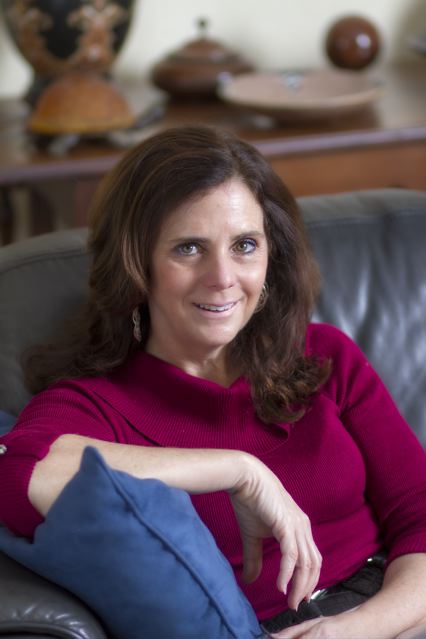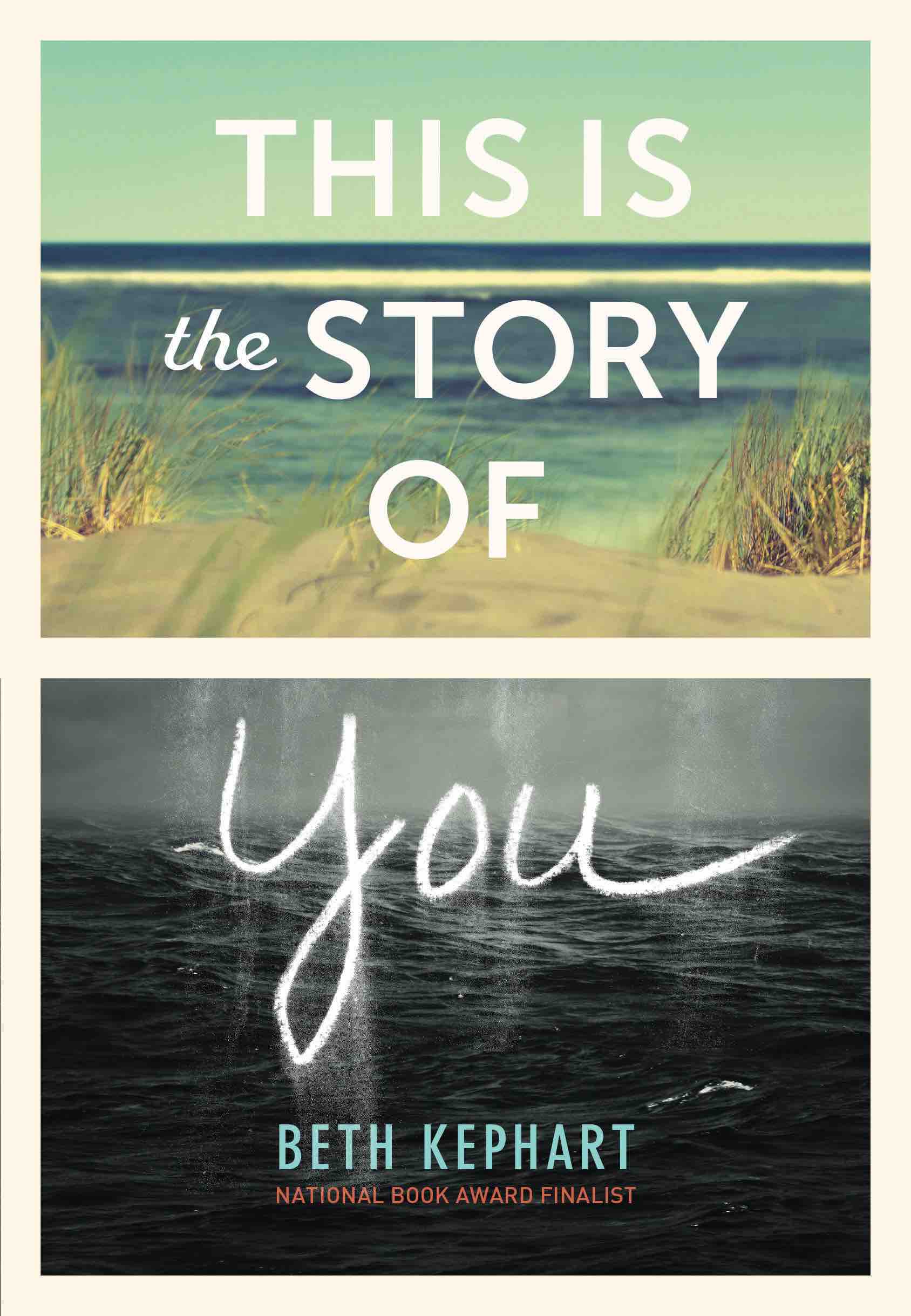 Beth Kephart is the award-winning author of 19 books, including “Going Over, Handling the Truth: On the Writing of Memoir,” and “Small Damages.” The following is a complete transcript of her interview with Cracking the Cover for her latest YA novel, “This is the Story of You.”
Beth Kephart is the award-winning author of 19 books, including “Going Over, Handling the Truth: On the Writing of Memoir,” and “Small Damages.” The following is a complete transcript of her interview with Cracking the Cover for her latest YA novel, “This is the Story of You.”
Why do you write? Why specifically for young readers?
I write because I cannot help it. Because I have tried to stop so many times, and I can’t. Because when I go for long stretches (a year, I’d guess) I get physically ill from not writing.
I write stories about communities of people—young and old, afraid and brave, lost and found. And within those communities there are young people. And those are the voices I hear—the voices of the young—when I begin to write.
Perhaps I hear those voices so clearly because I teach memoir at the University of Pennsylvania, and we go deep and far, together, in that class. I listen. I hear.
Where did “This is the Story of You” originate from?
From my obsession with the sea and storms and from a trip I took to Beach Haven, off season. A trip that became more trips as the story unfolded. I’d grown up going to Stone Harbor, NJ, and, before that, Ocean City, NJ. Beach Haven, before and after the storm, felt both familiar and new.
 Mira considers herself middle-ish and yet she proves to be much more. How did she develop?
Mira considers herself middle-ish and yet she proves to be much more. How did she develop?
I consider myself to be middle-ish, and very much like Mira. She evolved because she had to—because a storm and its aftermath required her to stand strong and to know what mattered most to her. I’ve evolved, too. We all do. The world demands it of us.
The year-round residents of Haven are like an extended family. What makes the group so tight-knit?
They’ve known each other for a very long time. They’ve looked out for each other. And they’ve been defined as “other” by those who come to the beach just for the summer fun and sun. They cohere in an us-against-them way, but also each individual relationship has its own essential history.
How did Jasper Lee’s character come about? What made you decide he needed to have a rare disorder?
In my day job I have interviewed many patients, many people undergoing treatment for rare conditions. I met a young man with Hunter syndrome years ago and then watched, from afar, as he grew up. He inspired me greatly. His story must be known.
Why do you think young people are drawn to your books?
Oh, gosh. I don’t think I can answer that. Or, it would embarrass me to try.
How has your writing evolved over the years?
The lyricism has always been there, and is unavoidable. Perhaps the stories have grown ever more urgent.
What are you working on now?
I have five books—all different genres—in play. But mostly I am reading memoir, preparing for a series of five-day memoir workshops to be held in interesting locations. I read far more than I write. Always. But then, as I have said, I must write. (This is Juncture Workshops: http://junctureworkshops.com/)
Is there a book from your own youth that still resonates with you today?
Anything F. Scott.
